Goals and principles for programmatic river restoration monitoring and evaluation: collaborative learning across multiple projects
Title: Goals and principles for programmatic river restoration monitoring and evaluation: collaborative learning across multiple projects
Category: Academic Article
File: Weber-et-al_2017_0469_Goals-and-principles-for-programmatic-river.pdf
Updated Date: 20.04.2018
Author(s)/Source(s): Christine Weber, Ulrika Åberg, Anthonie D. Buijse, Francine M.R. Hughes, Brendan G. McKie, Hervé Piégay, Phil Roni, Stefan Vollenweider, Susanne Haertel-Borer
Publication Date: 2017
Focal Topic: Habitat Restoration
River restoration is a relatively recent undertaking, with high levels of complexity and uncertainty involved. Many restoration projects have been monitored over the past three decades, however, results have rarely been compared across projects thereby limiting our ability to identify factors that influence restoration outcomes. Programmatic monitoring and evaluation (ProME) that builds on standardized surveys and systematic cross-project comparison allows for collaborative learning, transfer of results across restoration projects and for adaptive management and monitoring. We present a conceptual framework for ProME consisting of four goals and nine principles. First, ProME accounts for complexity, uncertainty, and change in order to contribute to sustainable river management over the long term. Second, ProME promotes collaborative learning and adaptation by standardizing the sampling design for the field surveys at multiple projects and by disseminating findings across stakeholders. Third, ProME verifies to what extent restoration has been achieved, i.e., it must quantify the size and direction of change. Fourth, ProME identifies why the observed effects were present, thereby improving our mechanistic understanding of river functioning. We conclude with potential extensions of the framework (e.g., evaluating cumulative effects of projects within a catchment). Our conceptual framework presents a structured approach toward a more systematic learning and evidence-based action in river restoration, while taking into account the wider picture of environmental change within which river restoration projects will inevitably operate.
Keyword Tags:River restoration, collaborative learning
